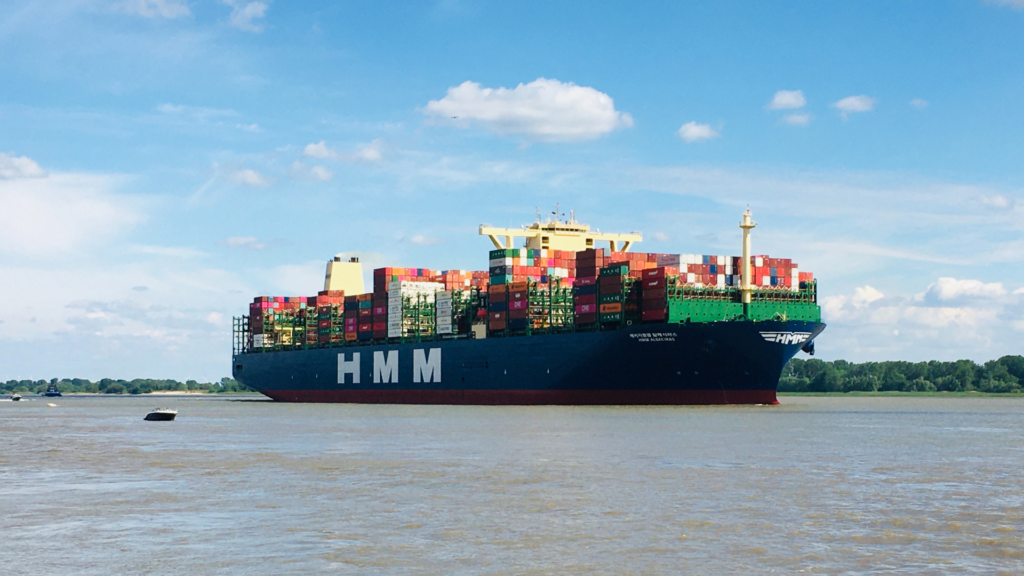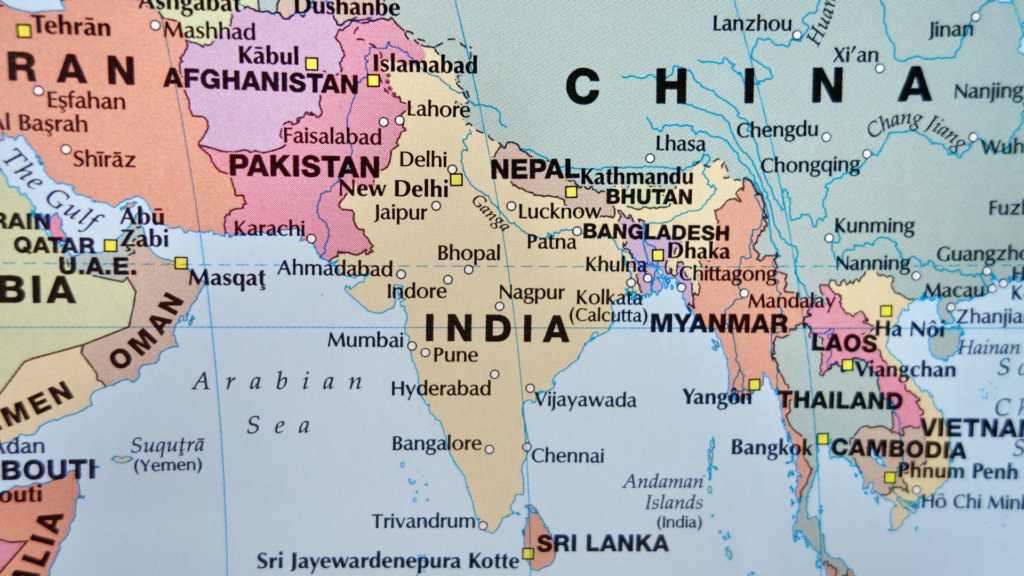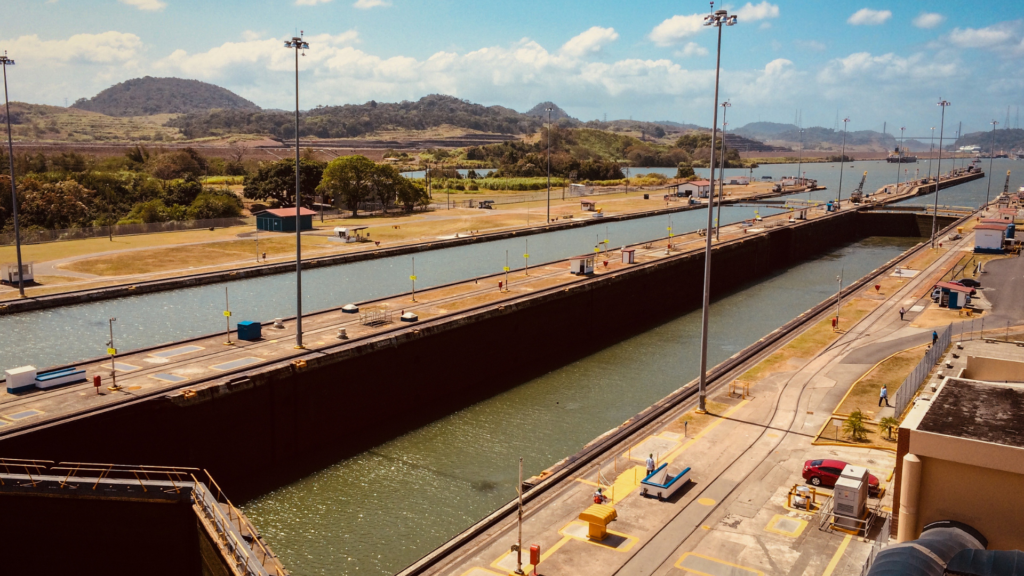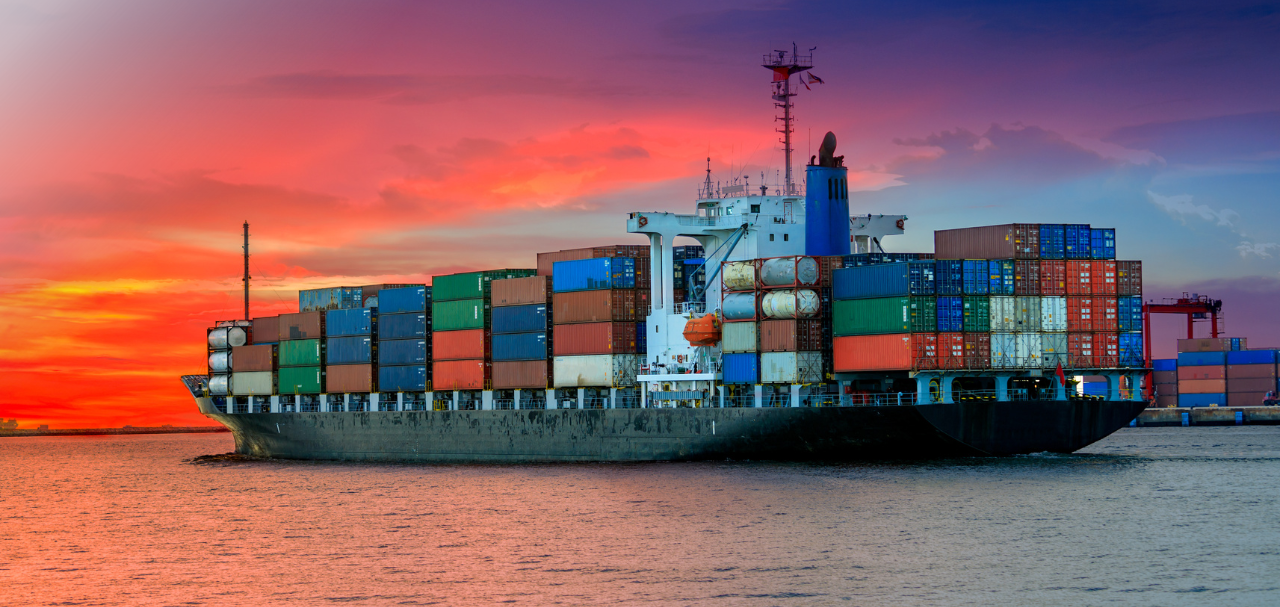Carrier Wins, Shift to India, Worsening Drought, and Inventory Equilibrium.
Your weekly All-Ways round-up of Supply Chain news.

FMC rules in favor of HMM
MSRF filed a complaint in August 2022 claiming that HMM failed to honor its contract from May 2021 to April 2022 resulting in higher transportation costs of the spot market at the time.
On November 20, an administrative law judge for the Federal Maritime Commission (FMC) ruled that HMM is in the clear because of a lack of proof that the carrier unfairly sold the shipper’s capacity for higher rates on the spot market.
The contract was revised 14 times with new terms allotting a 3-month extension for HMM to fulfill its quantity obligations. During that time, HMM saved MSRF $180,000 in transportation costs by providing twice the minimum required amount of capacity at the initial rate.
MSRF also filed a company against Yang Ming in July and the carrier settled it in September.
Since the Ocean Shipping Act of 2022 (OSRA-22) came into effect in June 2022, the FMC has begun investigating 179 of the 430 complaints it received. More than $2 million in charges against shippers have been waived or refunded with the FMC’s help.

China Plus One in Action
India, Mexico, and Southeast Asia are countries favored as exporters instead of China because of cost efficiencies, labor availability, and growth capabilities.
India has emerged as the main benefactor from the shift away from China. From 2018 to 2022, exports to the US went up $23 billion, amounting to a 44% increase. While the country still lacks basic infrastructure, its government is investing in improving and modernizing the highways, rail lines, and ports.
While there’s still a long way ahead to complete success, companies are willing to take some risks to achieve long-term supply chain resiliency and stability.

Trouble in Panama
Water levels in the Panama Canal have reached a new low because of the ongoing doubt in the area. The canal authority has taken measures to conserve water like reusing water from one lock to another.
Wait times are rapidly increasing for vessels without reservations. To cross the shortcut between the Atlantic and Pacific oceans, shipping companies can either pay exorbitant amounts to skip the line or add thousands of miles in travel with alternative routes.
As of November 25, the canal authority started auctioning additional slots two days before transit for vessels without a reservation waiting for more than 10 days. Bids reportedly started at $55,000 in addition to the regular transit costs.
The ripple effect of the drought will cause disruptions to trade routes that have benefitted from ships passing through the canal like the west coast of Latin America as trade is diverted through
Worsening canal conditions in combination with the International Longshoreman's Association’s potential strike is leading many shippers to consider diverting cargo to the US West Coast.

Restocking Warehouses
Yes, you read right!
After two years of warehouses in the US being filled to the brim, retailers and direct importers have finally managed to destock enough to begin ordering new merchandise for next year.
Many wholesalers and manufacturers were in a worse position in the last few years and so it will take them a little longer to reach a good equilibrium.
Across the board, inventory levels are back to normal. With a more balanced ratio of sales to inventory, imports should begin picking up. H2 2024 should be noticeably stronger than the same period in 2023.

